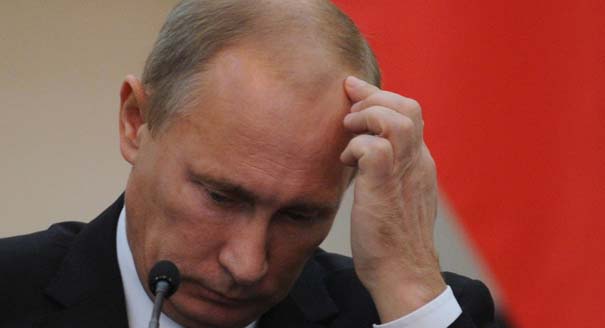With just a few months left till the start of the Sochi Winter Olympics, the sporting event understandably attracts more and more interest. As it happens, however, this interest is not sparked by anticipated scores or victories; instead, ensuring athletes’ and spectators’ safety becomes the main concern. This is quite understandable as well: the competition will take place in one of the most conflict-prone and unsafe parts of the Russian Federation.
Will the Russian authorities be able to prevent terrorist attacks? The answer to this question will affect their reputation and President Putin’s prestige. So far, experts have been cautious to make predictions, and no one takes the responsibility to give a definite “yes” or “no” answer. No doubt Russian authorities have done and will still do their utmost to prevent the possible terrorist attacks. Steps to stabilize the general situation in the North Caucasus are taken; the extremist groups are tracked down and destroyed; all possible attempts are made to prevent terrorists from coming to Sochi under the guise of spectators. Cooperation has been established between Russian and foreign security services on these matters.
Yet the threat lingers. The problem is that the threat does not come from a single main source which can be coped with in a single sweep. The danger is diffused, and it is virtually impossible to say where it may emerge from.
The leader of the Caucasus Emirate Doku Umarov has recently warned that his associates will carry out attacks against the Olympics. This declaration was quite expected and does not contain anything new. Its main goal is not so much to threaten the Russian authorities as to scare foreign visitors away from Sochi. Indeed, having heard Umarov’s statements, a potential sports fan from Canada or Norway will think twice before buying a plane ticket to Sochi. (Strange as it may seem, Umarov’s threat may actually benefit the Russian regime, providing it with a justification to crack down on any of the Sochi Games’ opponents—and there are quite a few of them both among the Russian opposition members and the Sochi residents adversely affected in the course of preparation for the Olympics).
Umarov is not the only source of terrorist threat; some small, obscure terrorist groups, and particularly loners, may also be dangerous. After all, terrorism is becoming so-to-say more individualized. This is happening in Russia, Europe, and the United States. The Boston terrorist attack carried out by two “amateurs” is a clear indication of this trend. Preventing attacks by individuals may prove harder than foiling a terrorist plot prepared by an organized group.
An attack from abroad, from the conflict zones of the Middle East, cannot be ruled out either, especially considering that the militants from Russia and particularly the North Caucasus are now fighting there.
Hosting the Olympics in close proximity to the restive North Caucasus is not just a test of Russia’s athletic prowess but also—and more importantly—of the Kremlin’s prestige and its ability to ensure security in the most challenging of situations. We will find out whether this gamble will pay off nine months from now.
